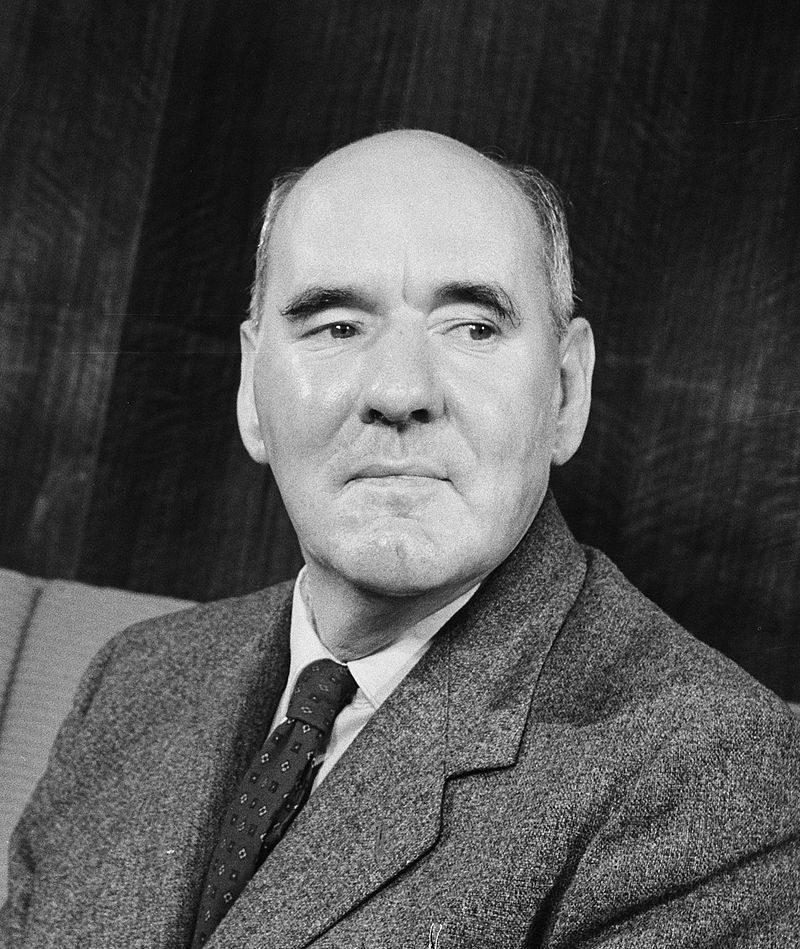The pronounciation of the word "gif".
Which way the toilet paper should go.
The Oxford comma.
These are some of the most devisive topics on the internet. I imagine anyone reading this was ready to comment the "correct" way to do any of those things as soon as they started reading the list. And they'll likely defend that their way is THE RIGHT WAY, right up to death. Nothing ends a friendship faster than saying "jif" when your friend believes it's a hard G. I've seen people list the toilet paper thing as a fundamental red flag in dating. I've seen any of these create conversation threads hundreds of comments long, and become EXTREMELY heated. And yet, in the grand scheme of things, is there really anything less important? Why do we care so much for such relatively minor things?
Cyril Northcote Parkinson was a British historian and Author, born in 1909. He is most famous for what is now known as "Parkinson's Law", which states, "work expands so as to fill the time available for its completion", but he also is responsible for a lesser known observation, known as "Parkinson's law of triviality". This law says "The time spent on any item of the agenda will be in inverse proportion to the sum involved." That is, the cheaper (or easier to understand) something is, the more time people will devote to it. That's why if we're given two discussions, people will ALWAYS gravitate to the easier to understand of the two. Imagine a scenario where a city is deciding on how to handle its hungry homeless. First item on the agenda, should we create a food bank? The city may spend 10 minutes on the topic. Second item, what color should we paint the building? Well, there goes the rest of the meeting, because you can guarantee every single person will need to weigh in on that topic.
As humans, we like to give our opinion. We need for our voice to be heard. And the simpler something is, the more confident we can be that we are right. That's why even complicated issues are distilled down to the very basic fundamentals. How do we fix gun problems in the US, for instance, boils down to two primary thoughts: Either we need more guns for everyone, or we need to get rid of all the guns. Any grey areas introduced will quickly be drowned out by these very black and white points.
This is why a news story, like the Harambe incident seems to "explode with experts". Suddenly everyone has a strong opinion on what happened, and what they would've done differently, and how the "Experts" that were there were right or wrong. It's easy to armchair quarterback from the safety of the internet, when we have what really only amounts to minimal information on a situation.
Instead of focusing on triviality and letting it overwhelm our life, we should ask ourselves if it's really important. Does the way toilet paper roll ACTUALLY matter in the grand scheme of things? Especially enough to base a decision on whether or not someone is dating material - even above "does he like children?" or "does she care about the environment?" We should ask ourselves if our opinion is important. Do we ACTUALLY know if handling the situation differently would've worked, and does that opinion really add anything to the narrative? And we should ask ourselves if the time to attribute to this is worth it. Most importantly, we should be aware of Parkinson's law of triviality, and do our best to avoid it.

No comments:
Post a Comment